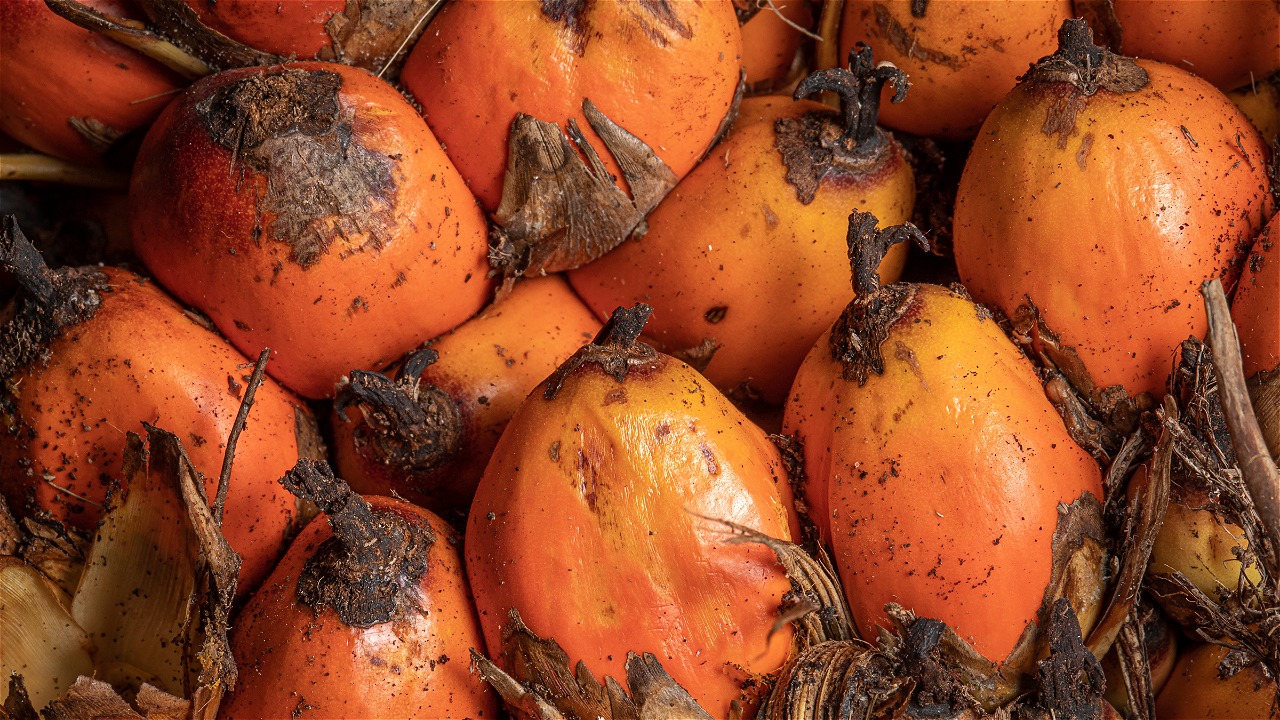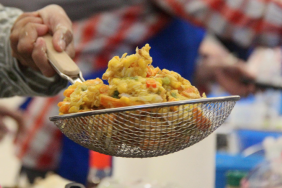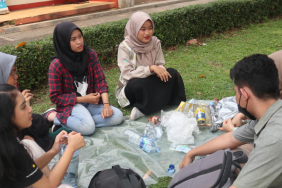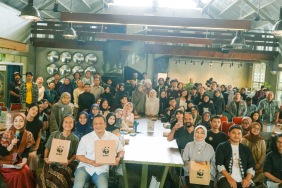IN THE NEED OF CONTINUOUS SUPPORT FOR CERTIFIED SUSTAINABLE PALM OIL
By: Annisa Ruzuar
Jakarta (5/12) — As part of RSPO Round Table 11, WWF-Indonesia and RSPO conducted media roundtable in Sahid Hotel, 5 December 2013 where journalist were encouraged to share their thoughts about results and follow ups from the event conducted in Medan last November. During the roundtable, Irwan Gunawan, Deputy Director for Market Transformation Initiative WWF-Indonesia, asked media to convey to public and business players the need for continuous support to certified sustainable palm oil (CSPO).
During her presentation Desi Kusumadewi, RSPO Indonesia Director, said that RT 11 with its main theme “RSPO Standard 2013: Understand. Apply. Embrace” adopted open space discussion format. This format was chosen to invite all participants to contribute in developing action plan for 2014 based on their competencies.
For Indonesia, the three days conference attended by 784 delegates from 30 countries acknowledged the growing prominence of certified sustainable palm oil in the country. As the world largest producer, Indonesian government has pushed environmental aspects through ISPO. Vice Minister of Trade Bayu Krisnamurthi during his opening speech in RT 11 stated government intent to replicate SVLK (timber legality verification system) to palm oil industries. This intention should not be seen as a threat to RSPO voluntary mechanism. “The government has announced a strategic cooperation between ISPO and RSPO through a collaborative study about both mechanism,” explained Desi about the government good intention.
Unfortunately supports from buyers for this positive progress are still lacking. Sustainable palm oil demand is still lagging behind the available supply, where only about 53% CSPO is absorbed by global buyers as shown by WWF’s Palm Oil Buyers Scorecard 2013. During his presentation, Irwan talked about market stagnancy for sustainable palm oil. Based on the scorecard findings, a lot of companies who had stated their commitment to use 100% CSPO in 2015 are still relying on Book and Claim scheme to compensate their uncertified palm oil use.
“Consumers countries need to actively urge companies to fulfill their commitment. Boycotting palm oil products is not the right move, because palm oil is still the most productive and efficient oil compares to 16 other types of vegetable oils in the world,” said Irwan. Compared to soy, palm oil extraction per hectare can reach as much as 10 times higher. Therefore the only way is to ensure that palm oil is produced in sustainable manners. “Almost half of the products we consume every day contain palm oil. From cooking oil to shampoo and toothpaste contain palm oil. How can we boycott it?” continued Irwan.
Indonesia as the largest producers of palm oil is now moving to be the largest consumers in the world. Indonesia consumers have a great role in influencing industry to produce and market palm oil products made from sustainable palm oil. RSPO has developed CSPO trademark to provide guarantee for consumers that the product they use are made from sustainable palm oil. According to Desi, RSPO will promote the trademark in 2014, so Indonesia consumers can contribute to keep its palm oil industries thriving without jeopardizing their environment.





